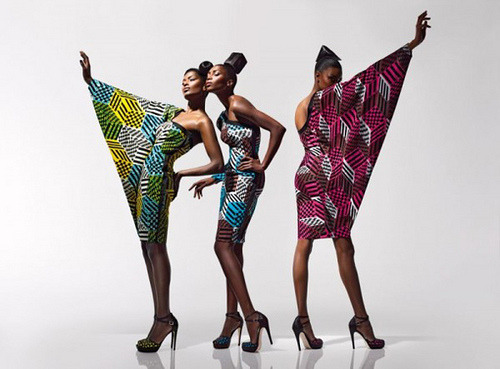The contemporary African is often viewed as urban and culturally savvy – a description much-aligned with the traits of an Afropolitan. With the evidence of a growing middle-income class, the use of ‘Afropolitan’ to describe Africans alludes to the rapid change towards African cosmopolitan lifestyles.

During my recent visit to Ghana, I sat down with Kobina Graham of Dust Magazine and Mantse Aryeequaye of Accra[dot]Alt to discuss the influence of Afropolitanism.
We began our conversation by defining the term 'Afropolitan'. Kobina recalled that the term was first used by Taiye Selasi to describe a group of young Africans with feet both at home and abroad. These were all people who had moved from the continent to study or work. This group had interests in music and fashion within which the different cultures that influenced them collided.
My early research into the term suggested some correlation between Afropolitan lifestyles and the likelihood of becoming a leader. Kobina didn’t think that this was inherently the case. He reminded me that there used to be this idea that if you were an African raised abroad, you were somehow more exposed to the “right” way of going about things (ie. civilization) and that it was your destiny to return home and impart your “superior” knowledge towards making things better for the “poor” people at home. “People with such lofty notions of leadership come home to Ghana and discover that people on the ground have their own ideas and do not really have time for yours.”
Hearing this immediately reminded me of the gatherings I had attended with families abroad, where nostalgic conversations between the elders always quickly turned into heated debates about the future of Ghana. These discussions almost always ended with some form of consensus that Ghana – much like the rest of Africa – was doomed because the people were not willing to change. So if this was true and Ghanaians of the previous generations did not want to change, what was the missing element we were finding in the contemporary Afropolitans today?
Continue reading here...
Continue reading here...

No comments:
Post a Comment